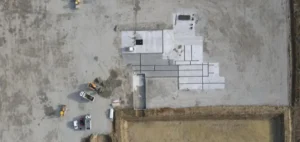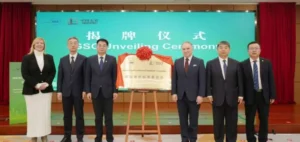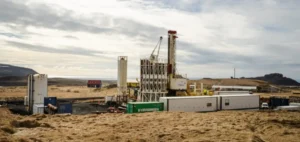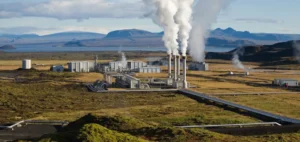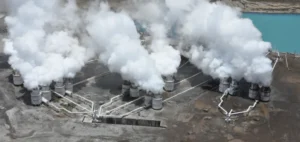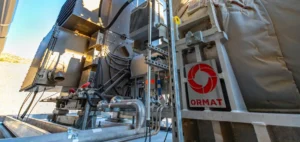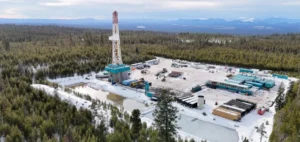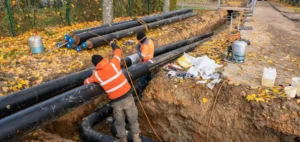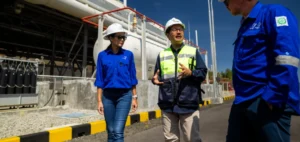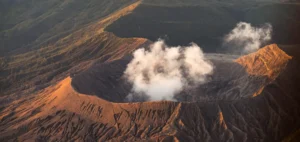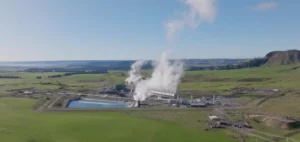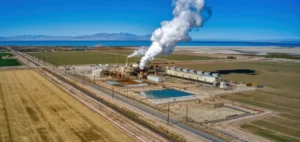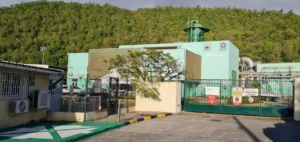The Philippines and Japan are joining forces to realize the Tanawon geothermal flash plant project. Toshiba ESS and Bac-Man Geothermal join forces to deliver 20MW flash geothermal power plant project.
A joint credit facility
In the Philippines, located in the city of Sorsogon, the project is part of the Joint Crediting Mechanism (JCM). Established by the Japanese Ministry of the Environment, this mechanism concerns projects using superior decarbonization technologies. Thus, the goal is to reduce the greenhouse gas emissions of Japan and partner countries.
The grant covers up to half of the initial investment costs. . The geothermal plant is expected to reduce CO2 emissions by approximately 38,000 tons per year. As early as 2021, Rodrigo Duterte’s government planned to reduce the country’s CO2 emissions by 75% by 2030.
Mizuho-Toshiba Leasing will perform the reporting required by the Japanese Ministry of the Environment. As such, it focuses its efforts on services that support greater energy conservation and the use of renewable energy. The objective must contribute to the achievement of a decarbonized society.
The Philippines at the forefront of geothermal energy
Since the 1970s, the Philippines has been developing geothermal energy. Located in an area of intense seismic activity, the archipelago is one of the largest producers of geothermal energy. Indeed, the country has the third largest geothermal energy production capacity after the United States and Indonesia.
Geothermal energy allows the production of low-cost, carbon-free electricity. Cooperation between the Philippines and Japan on geothermal energy shows a shared desire to accelerate the transition. Geothermal energy is a stable energy source that does not affect the climate.
In its resource development plan, the government is emphasizing renewable energy initiatives. The aim is to increase the share of renewable energy to 20%, of which more than 50%, or 52830MW, comes from geothermal energy. Toshiba ESS already delivered a total of 13 units of geothermal power generation system in the Philippines.



